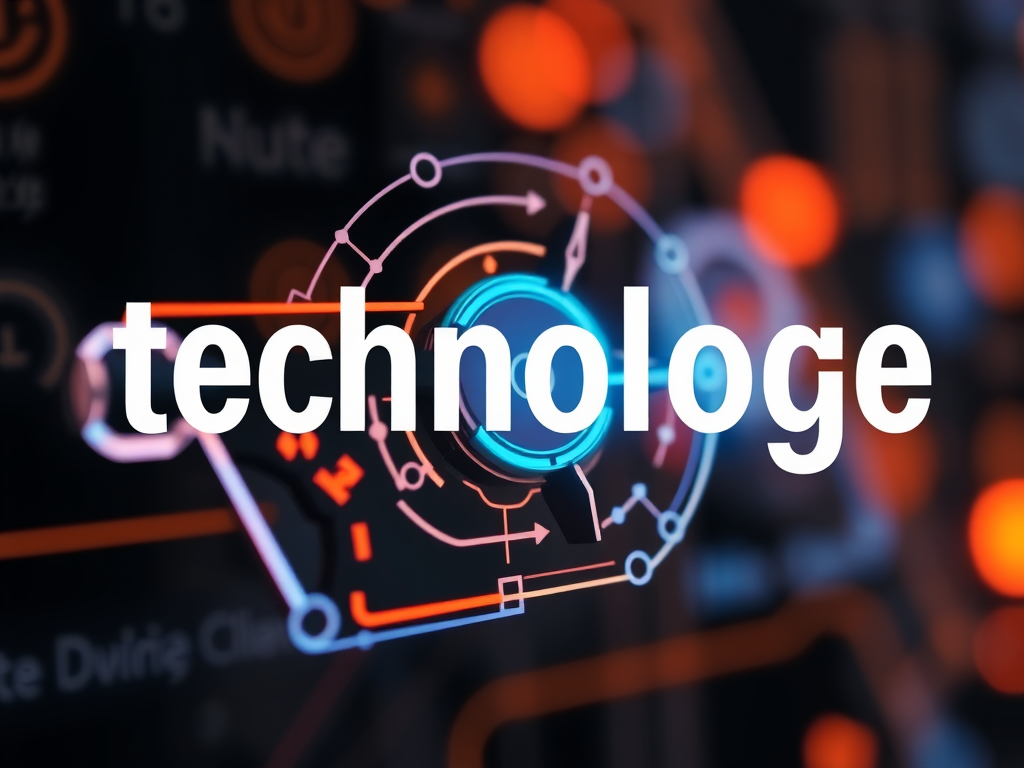Current and Emerging Internet Security Threats in the UK Technology Sector
Understanding the current cyber risks UK tech companies face is crucial. The evolution of internet security threats is relentless, with ransomware attacks dominating headlines. These attacks encrypt critical data and demand payment, often crippling businesses. Additionally, AI-driven attacks are increasingly sophisticated, leveraging machine learning algorithms to bypass traditional security systems by adapting in real time.
Another significant concern is vulnerabilities within the Internet of Things (IoT). As UK technology firms incorporate more connected devices into their infrastructure, these endpoints present new attack surfaces. Many IoT devices lack robust security controls, making them susceptible to exploitation, which can lead to broader network compromises.
Also read : What role does cybersecurity education play in UK schools?
The impact of recent cyber incidents has been profound. High-profile breaches in the UK tech space have prompted a substantial re-evaluation of security postures, emphasizing the need for comprehensive defense strategies. These events have underscored the importance of staying abreast of cybersecurity trends UK, as threat actors constantly evolve their methods. Consequently, businesses are investing more heavily in threat detection and response capabilities to mitigate losses and protect sensitive assets.
Influence on Growth and Direction of UK Tech Businesses
Internet security threats significantly influence the UK tech industry impact, reshaping how businesses approach growth and strategy. Companies increasingly prioritise business growth cybersecurity to safeguard their operations and maintain stakeholder trust. As cyber risks intensify, firms have adopted security as a core component of their development plans rather than treating it as an afterthought.
Also to read : Maximize your blog’s reach with an AI blog writer
Investment patterns reflect this shift. There is a notable increase in funding dedicated to cybersecurity solutions, risk management, and incident response capabilities. This influx shows how seriously the sector treats business growth cybersecurity: secure infrastructure is now seen as essential for sustainable expansion. Market leaders view robust cybersecurity as a competitive advantage, driving innovation and customer confidence.
Emerging threats also catalyse broader digital transformation. UK tech companies leverage this momentum to develop secure cloud services, enhance data protection features, and integrate AI with built-in security. These moves illustrate how UK tech industry impact goes beyond defensive measures, fueling product development and differentiation. Addressing internet security threats thus propels the sector toward agility and resilience, reflecting the evolving landscape of cybersecurity trends UK.
Regulatory Changes and Compliance Dynamics
Regulatory frameworks in the UK are tightening, reflecting growing concern over internet security threats. The government is enhancing UK cybersecurity regulations to mandate stronger security measures across the tech sector. These changes require companies to adopt comprehensive controls, increasing transparency around breach notification and risk management.
Tech businesses now face stricter tech sector compliance obligations, including regular audits and impact assessments to demonstrate adherence. Failure to comply can result in severe penalties, making compliance a critical priority. Companies must stay informed on legal updates to align policies with evolving regulatory standards.
Government and industry-led initiatives aim to improve the overall security posture of the UK technology space. These frameworks encourage collaboration and information sharing, driving a unified response to current cyber risks UK tech firms encounter. Consequently, legal impacts extend beyond immediate compliance, influencing long-term strategic planning and investment in security infrastructure.
Innovation and Sector Adaptation
Innovation in response to internet security threats is becoming a defining feature of the UK tech sector. As cyber risks grow more sophisticated, firms prioritize tech innovation security to outpace adversaries. This proactive stance helps build cyber resilience UK by embedding security into technology design and development rather than applying it retroactively.
A key strategy involves integrating advanced threat detection powered by AI and machine learning into existing systems. These adaptive technologies continuously analyse network behaviour to identify anomalies quickly. This approach enables faster response times and reduces the window of opportunity for attackers, directly addressing current cyber risks UK tech companies face.
Best practices for strengthening cybersecurity include adopting zero-trust architectures and enhancing endpoint security, especially concerning IoT devices. By limiting trust zones and enforcing strict verification, UK firms reduce vulnerabilities that exploit device weaknesses. Leading organisations also invest in continuous staff training to ensure awareness of evolving threat landscapes and to promote a culture of security-minded innovation.
Sector leaders are experimenting with blockchain and secure cloud frameworks, further advancing cyber resilience UK. These technologies enable secure data sharing and protect against tampering, reinforcing trust in digital products. By embracing adaptive technology and fostering collaboration, UK tech businesses position themselves to respond efficiently to emerging threats alongside ongoing shifts in cybersecurity trends UK.
Current and Emerging Internet Security Threats in the UK Technology Sector
UK tech businesses encounter a spectrum of internet security threats that demand vigilant attention. Foremost among these are ransomware attacks, which encrypt vital data and insist on costly ransoms, disrupting operations severely. Equally critical are AI-driven attacks that exploit machine learning to adapt dynamically, making them especially difficult to detect and counteract with traditional defense mechanisms. These cutting-edge threats signal a worrying escalation in complexity within the current cyber risks UK tech companies face.
The proliferation of connected devices broadens the attack surface, introducing significant vulnerabilities through the Internet of Things (IoT). Many devices, lacking adequate security protocols, serve as entry points for attackers to infiltrate corporate networks. This exposure has intensified the urgency around securing endpoints to prevent cascading breaches across infrastructures — a pressing aspect of modern cybersecurity trends UK.
Recent cyber incidents have underscored the tangible threat these vulnerabilities pose. High-profile breaches have catalysed strategic shifts across the UK technology sector. Companies now prioritize proactive threat detection, leveraging advanced analytics and AI to anticipate attacks and respond more swiftly. This evolving landscape of current cyber risks UK tech firms navigate reflects a profound transformation in defence strategies, adapting continuously to outpace adversaries and safeguard critical assets.





